2019 was a record-breaking year for fundraising at FARF. We saw a 32% overall increase in fundraising dollars, which was made possible, in huge part, to the number of families fundraising increasing by 10%. We are so proud of this...
Announcements
Research is the answer to one day making FA a treatable, manageable disease. Here, you'll discover the most recent strides in FA research and activities funded by FCF. Every quarter, we'll bring you updates on newly funded grants, ongoing projects, and significant milestones.


2019 was a record-breaking year for fundraising at FARF. We saw a 32% overall increase in fundraising dollars, which was made possible, in huge part, to the number of families fundraising increasing by 10%. We are so proud of this...
Announcements
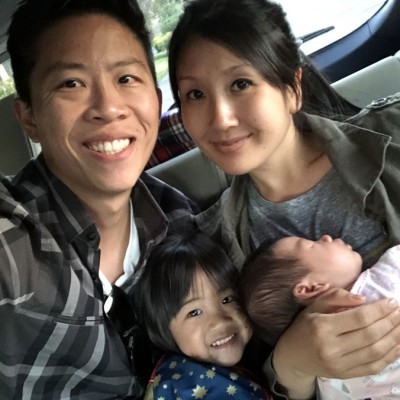
We eventually took a leap of faith and traveled to Chicago for a consultation. In our initial meeting we learned that our odds of conceiving a child were about 25%. However, if we then screened for FA and for a...
Stories
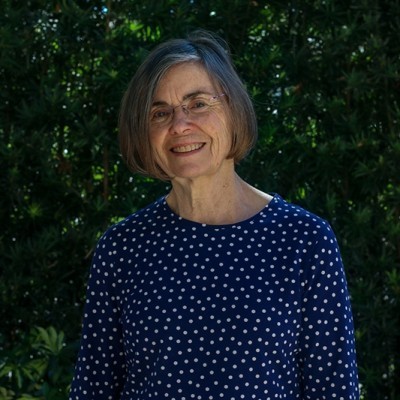
Read Sharon’s popular piece on the history of Fanconi anemia: No Longer an Orphan - the FA Story
Stories
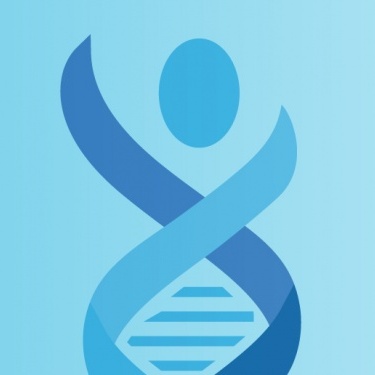
To the FA community, Currently, we are confronted with the challenges of two public health crises: the ongoing COVID-19 pandemic and the enduring system of racial injustice in the United States.The Fanconi Anemia Research Fund supports the Black community and...
Announcements
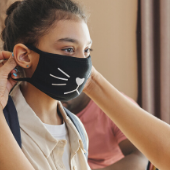
Caregivers,I see you watching your person even more closely than before, noting the way he breathes, questioning if it seems more shallow than normal.I see you reading between the lines of every article, trying to discern just how bad this...
Stories
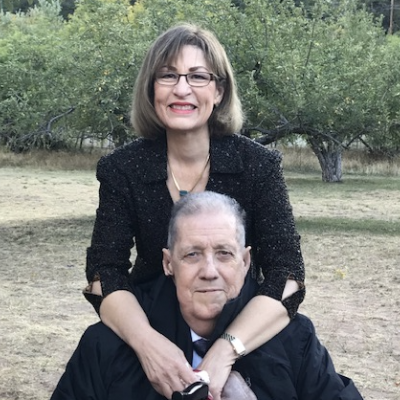
We asked Kathy to tell us a little about what motivates her to support FARF: “My niece and goddaughter, Emily Mitchell, is an FA child. I’d like to tell you a little about her. She was born prematurely in 2008...
Stories